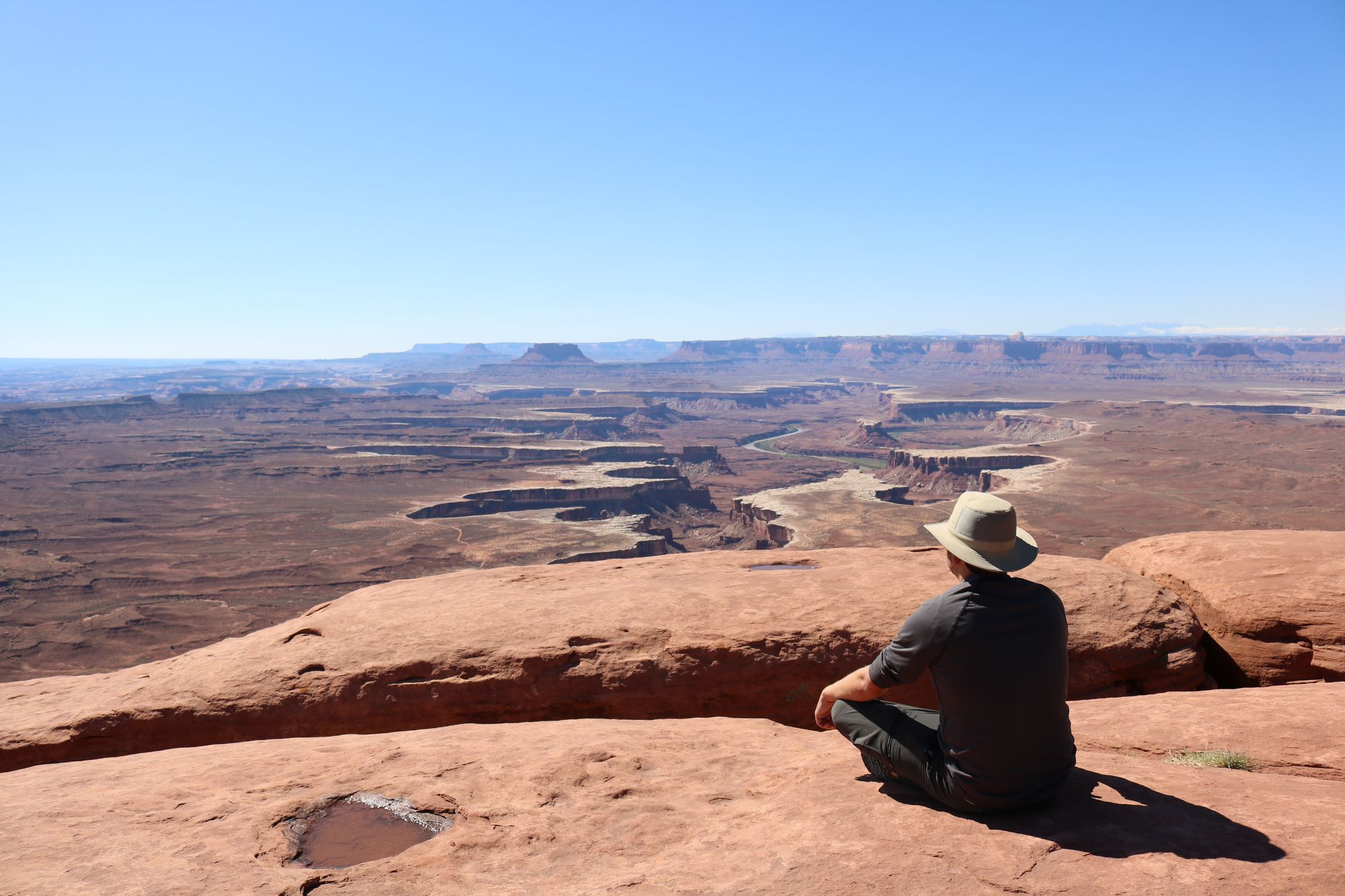Imagine two people meeting for dinner at 6 at a restaurant neither of them has been to before.
Harry is a busy man with a calendar full of meetings. Google Maps says it's a 27 minute drive to the restaurant. At 5:31 he gets in his car, starts up the navigation, and gets directions straight to the restaurant. On the way, he listens to his podcasts at 150% speed because he has so many of them to get through.
Tom on the other hand knows the general area is about 30 minutes away from his house. He leaves at 5:15, drives to the shopping center, and starts following the signs for the restaurant. He takes a wrong turn but ends up spotting a model train store that he hadn't heard about before. That's surprising because he's pretty big in the hobby and thought he knew all the local places. It's 5:50, so he pulls into a parking space to take a quick look around while he's there. It turns out the owner is behind the counter and getting ready to close up, but they quickly get into a conversation and Tom loses track of time.
He realizes it's 6:02 and he really has to go. As he gets back into his car, he also sees across the parking lot a new steakhouse that he hadn't heard of. He makes a note to try it the next time he and Harry meet for dinner.
Tom arrives at the restaurant at 6:05. Harry is a bit annoyed at his friend's tardiness, but also secretely grateful it gave him a few minutes on his smartphone to clear some of the notifications competing for his attention. Tom is apologetic but deep down, doesn't feel too bad. He knows that Harry can't understand that it's worth it to discover new parts of a world you thought to be familiar, new things lurking just around the corner to be found with a little exploration.
Modern search engines and wikis and databases can give us the exact snippet we were looking for, or the exact page number of the events we're looking for. But the wisdom that you need may be next door to that which you seek.
If we allow technology to narrow our view of the original source material to only what we think we already want, we risk giving up discovering more. Despite the future that recommendation engines like Pandora promised us, modern music apps have no analogue to browsing the shelf of albums at the music store. Websites have no analogue to walking the shelf at a bookstore. Online searches have no analogue to paging through a reference volume and having your eye catch on something.
I'm not saying these technologies are without merits. When you want to search a book for a particular quote, it's much easier to do on an ebook. When you're out in public and want to play a song for a friend from your phone, it's possible today where it wasn't twenty years ago. When you are doing research and want to download a PDF of a paper instead of having to request it via Interlibrary Loan, things go quicker. Following footnotes or page references in a printed book is slower than clicking a hyperlink.
All of these use cases involve making it faster to get the that which we already know we want. That, of course, assumes that we actually know what we're looking for.
But there is no free lunch. What we give up to gain that efficiency is serendipitous discovery, the fortuitous accident. We forfeit the stumbling upon of the thing adjacent to our quarry that turns out to be the real key to solving the problem.
